Article
Pakistan Day is a public holiday in Pakistan to remember the Lahore Resolution on March 23 each year. The word “Pakistan” was never used but the Lahore Resolution is considered a major milestone in the Muslim struggle for an independent state in undivided India.
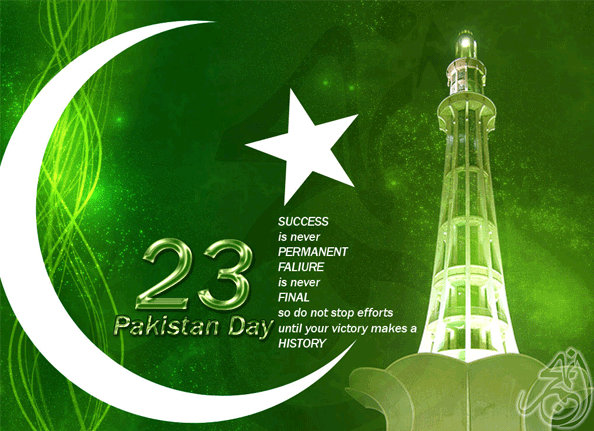
What Do People Do?
Pakistan’s national flag is hoisted on public and governmental buildings at dawn on Pakistan Day. A 31-gun salute in Islamabad and a 21-gun salute in provincial capitals are fired. A change of guard occurs at the mausoleums of Muhammad Iqbal (commonly known as Allama Iqbal) and Muhammad Ali Jinnah (commonly known as Quaid-i-Azam or the Supreme Leader), followed by garlands being laid.
A main feature of Pakistan Day celebrations is a parade at Constitution Avenue in Islamabad. An award ceremony is organized where the president gives military and civilian awards to recognize recipients’ achievements and contributions to Pakistan.
Pakistan Day festivals, parties, national songs and debate competitions are featured throughout the day, which sees many people spend time with families, friends and loved ones. Pakistan Day specials are broadcast on radio and TV. Special prayers are offered for peace and prosperity.
Public Life
Pakistan Day is a public holiday in Pakistan on March 23. Government offices, banks, post offices, educational institutions and businesses are closed, except for some multinational organizations.
Public transport is also limited on this day, and may be completely unavailable on certain routes. Many people visit recreational spots on Pakistan Day, so traffic congestion is common in big cities.
Background
The roots of the struggle for independence of British India can be traced back to the uprising of 1857 which started off as a rebellion of the British East India Company soldiers but soon took the shape of a freedom struggle and caused a major threat to Company Raj (Company Rule) in an undivided India.
Leaders such as Sir Syed Ahmed Khan worked tirelessly for the political, social and economic uplifting of Muslims that comprised of 25 to 30 percent of the total population of British India. In a Muslim League annual session in 1930, Muhammad Iqbal, a poet and philosopher, put forward the ideal of Muslims being a separate nation. Iqbal is accredited for weaving the Two-Nation theory, an ideology that eventually made the creation of Pakistan possible.
The Two-Nation theory stated that Hindus and Muslims were from two different nations. Muslim culture, tradition, religion, ideology, morals and language were all distinctly different from Hindu ideals. Both nations (Hindus and Muslims) shared mutually contradicting beliefs. Therefore, an autonomous state consisting of Muslim majority areas of British India was demanded to protect Muslims’ political, social and cultural rights.
In a Muslim League general session from March 22 to March 24, 1940, Pakistan’s founder Muhammad Ali Jinnah and other party leaders unanimously rejected the idea of united India, endorsed the Two-Nation Theory, and called for a separate Muslim homeland. The Lahore Resolution was supported by all major Muslim Leaders of the time.
Pakistan gained independence from British rule on August 14, 1947. Nine years after Pakistan’s creation, the first constitution was implemented on March 23, 1956. March 23 was initially meant to celebrate the adoption of the country’s first constitution and its transformation as a republic. The constitution of 1956 was annulled by the military government of Ayub Khan in 1958 and March 23 became a day to commemorate the Lahore Resolution of 1940, which eventually led to the creation of Pakistan.
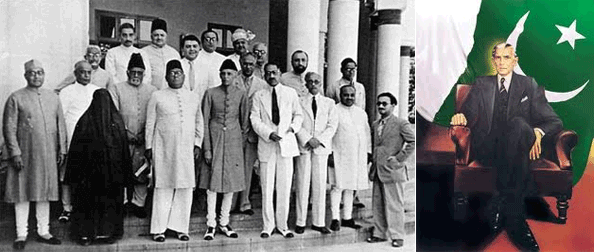
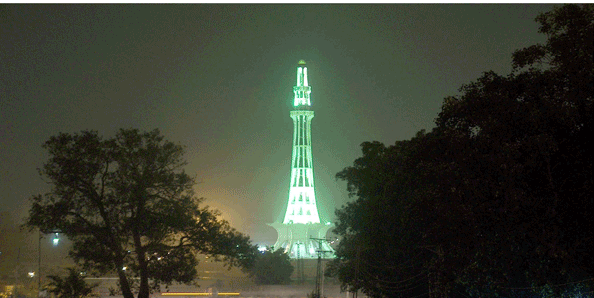
Symbols
Minar-e-Pakistan (Pakistan Minaret) is a minaret (a type of tower) in Iqbal Park in the city of Lahore. It was built to venerate the Lahore Resolution. The minaret is constructed where the Lahore Resolution was passed. This monument symbolizes a blossoming flower and reflects the blissfulness of independence.
Previous article:
Development Phase of Pakistan (9 years ago)
Next article:
NAP between Pakistan and Iran (9 years ago)
About the game:

USA as a world power? In E-Sim it is possible!
In E-Sim we have a huge, living world, which is a mirror copy of the Earth. Well, maybe not completely mirrored, because the balance of power in this virtual world looks a bit different than in real life. In E-Sim, USA does not have to be a world superpower, It can be efficiently managed as a much smaller country that has entrepreneurial citizens that support it's foundation. Everything depends on the players themselves and how they decide to shape the political map of the game.
Work for the good of your country and see it rise to an empire.
Activities in this game are divided into several modules. First is the economy as a citizen in a country of your choice you must work to earn money, which you will get to spend for example, on food or purchase of weapons which are critical for your progress as a fighter. You will work in either private companies which are owned by players or government companies which are owned by the state. After progressing in the game you will finally get the opportunity to set up your own business and hire other players. If it prospers, we can even change it into a joint-stock company and enter the stock market and get even more money in this way.
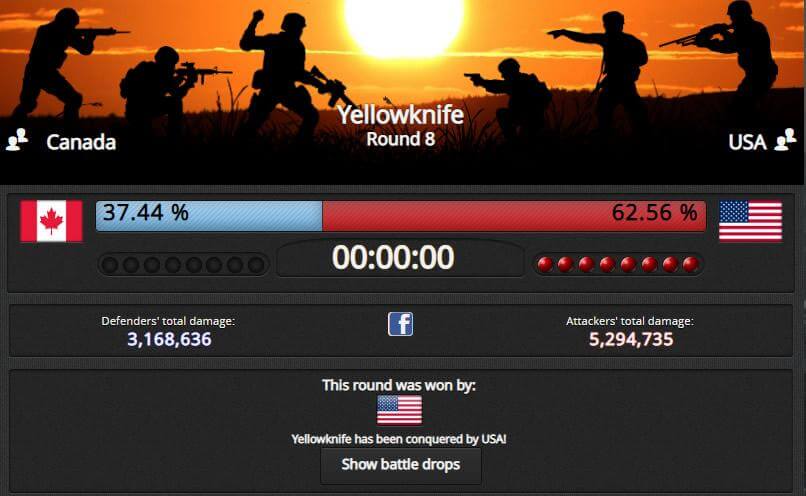
In E-Sim, international wars are nothing out of the ordinary.
Become an influential politician.
The second module is a politics. Just like in real life politics in E-Sim are an extremely powerful tool that can be used for your own purposes. From time to time there are elections in the game in which you will not only vote, but also have the ability to run for the head of the party you're in. You can also apply for congress, where once elected you will be given the right to vote on laws proposed by your fellow congress members or your president and propose laws yourself. Voting on laws is important for your country as it can shape the lives of those around you. You can also try to become the head of a given party, and even take part in presidential elections and decide on the shape of the foreign policy of a given state (for example, who to declare war on). Career in politics is obviously not easy and in order to succeed in it, you have to have a good plan and compete for the votes of voters.
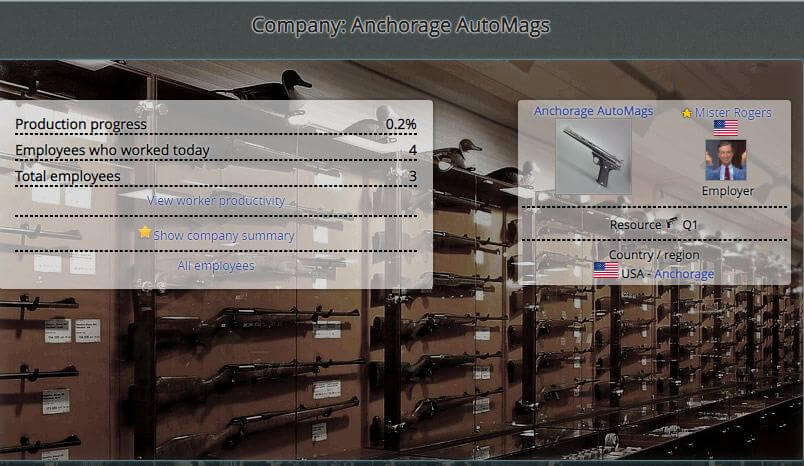
You can go bankrupt or become a rich man while playing the stock market.
The international war.
The last and probably the most important module is military. In E-Sim, countries are constantly fighting each other for control over territories which in return grant them access to more valuable raw materials. For this purpose, they form alliances, they fight international wars, but they also have to deal with, for example, uprisings in conquered countries or civil wars, which may explode on their territory. You can also take part in these clashes, although you are also given the opportunity to lead a life as a pacifist who focuses on other activities in the game (for example, running a successful newspaper or selling products).
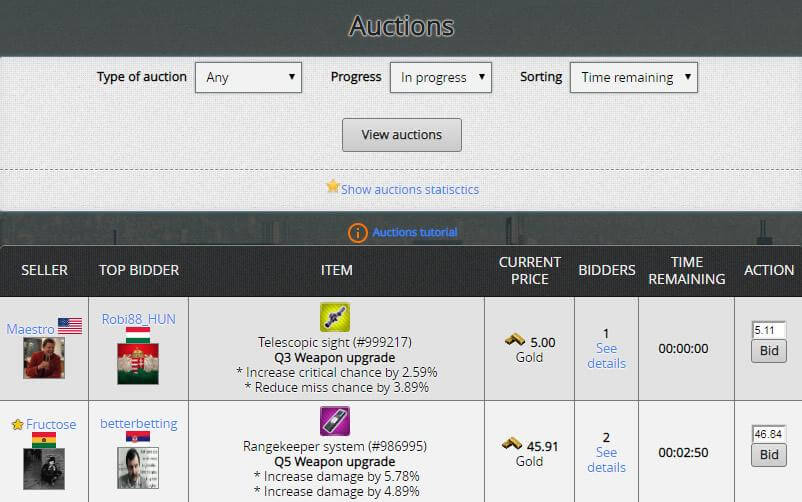
At the auction you can sell or buy your dream inventory.
E-Sim is a unique browser game. It's creators ensured realistic representation of the mechanisms present in the real world and gave all power to the players who shape the image of the virtual Earth according to their own. So come and join them and help your country achieve its full potential.
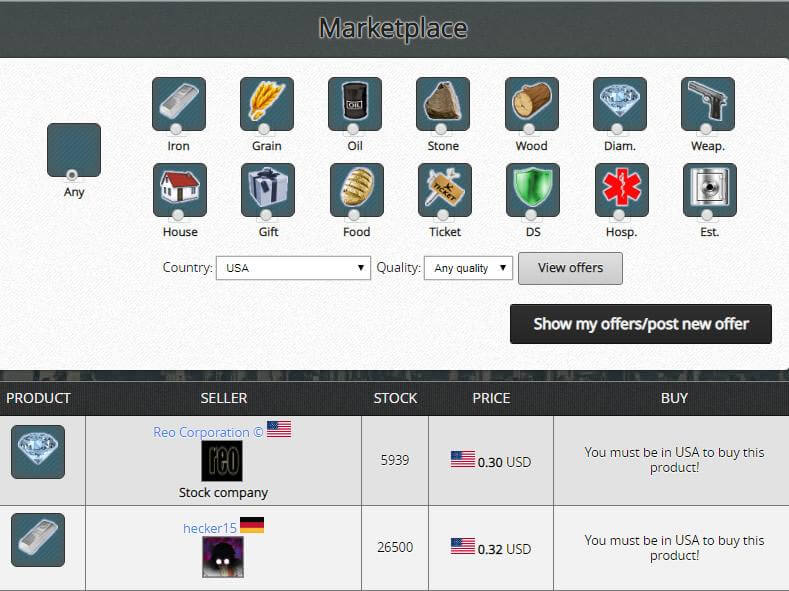
Invest, produce and sell - be an entrepreneur in E-Sim.
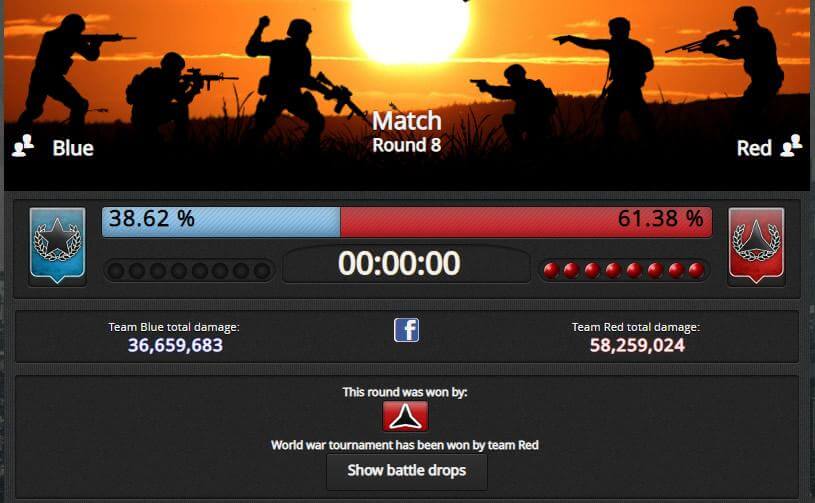
Take part in numerous events for the E-Sim community.
